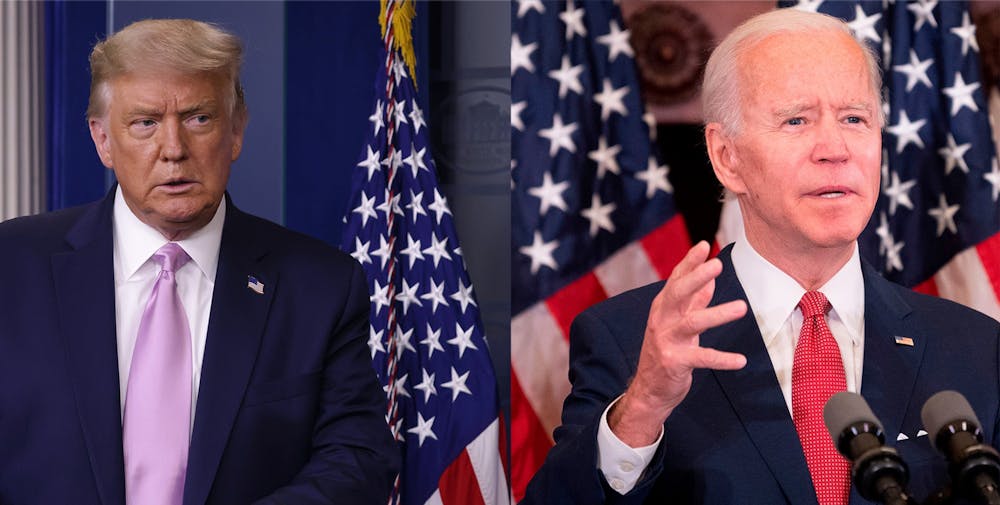With the first presidential debate having gone down this week, discussions about the upcoming election are being held on every news network and social media site. Among the things being talked about is the expected voter turnout, and whether or not each candidate will be able to inspire people who usually don’t vote to come to the polls.
This topic of discussion — if approached correctly — has the potential to be both interesting and constructive. The sheer number of nonvoters in America has been an issue for quite some time, with a roughly 56% turnout in the 2016 election. Turnout during midterm elections is even more dismal. Approximately 53% of eligible voters cast their ballots in the 2018 election, showing an increase in turnout yet still being barely above half.
Discussions about nonvoters are almost always hindered by those who are hostile to them. Although this is an incredibly important election year, there are some who deem it okay to shame those who aren’t voting, preemptively blaming them for “giving” us President Donald Trump. This behavior only creates further contempt for the political process in general, and we should respect nonvoters’ wishes instead.
Importantly, we should engage in a dialogue with them that allows us to learn about their priorities and what sort of platform they would consider voting for.
There are many misconceptions about nonvoters and what their lives look like. In many political circles, their impression of nonvoters consists of elitist, well-off leftists who deem the chosen Democratic candidate too impure to earn their vote. This population almost certainly exists in some form. To cast all nonvoters in this light though is not only ignorant and lazy, but also extremely dishonest.
The Pew Research Center conducted a survey in 2018 on the demographics of the 2016 electorate, including those who didn’t participate in the election.
“Compared with validated voters, nonvoters were more likely to be younger, less educated, less affluent and nonwhite,” the article said.
This description is far from the picture drawn by those who shame nonvoters. The picture it does paint, however, is a very telling one. The data makes clear those who do not vote tend to be less privileged, a demographic Democrats in particular love to claim as their own.
Why, then, are some Democrats so hostile to these potential voters? When they do this, they miss a golden opportunity to actually reach out to nonvoters and learn why it is they don’t vote.
Young people, unsurprisingly, tend to sit voting out as well. Only half of eligible voters from the ages 18-29 participated in the 2016 presidential election. Young people are often the targets of voter shaming, with many claiming the youth are essentially too careless, naive and focused on their own lives to be bothered with the political sphere. Yet, as a young person myself, I see every day the disillusionment and emotional exhaustion my peers have with the political system.
The younger generations are increasingly online and very savvy when it comes to gathering information about politics. This might actually help explain why younger people are more reluctant to vote. When one has access to information that only confirms the corrupt nature of America’s political sphere, it’s only natural one would feel less inclined to participate in voting.
If we are to increase voter turnout, for both this November and future elections, we must create room for a meaningful, non-hostile dialogue to discuss the issue of nonvoting. We must be compassionate and understanding, and we must listen carefully to what nonvoters have to say.
Treating this group with respect is not only the right thing to do, but it is also the logical thing to do. Open dialogue is the only way we will ever be able to understand what is going on in nonvoters’ minds and, ultimately, what it will take to get them to participate in America’s democracy.
Molly Hayes (she/her) is a junior studying English. She plans to earn a Master of Library Science.






